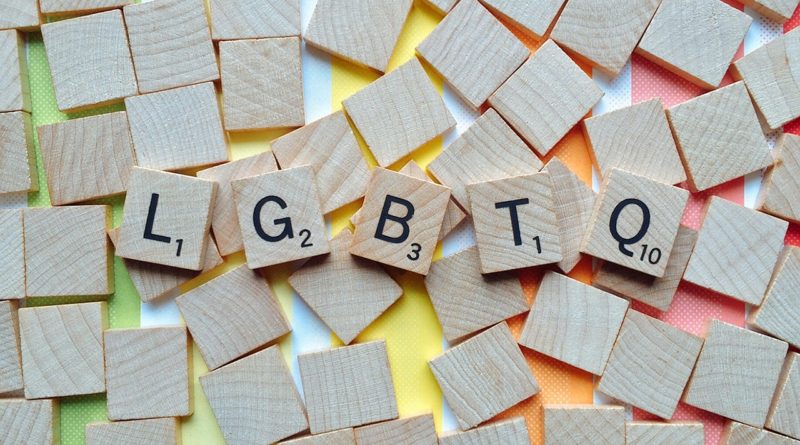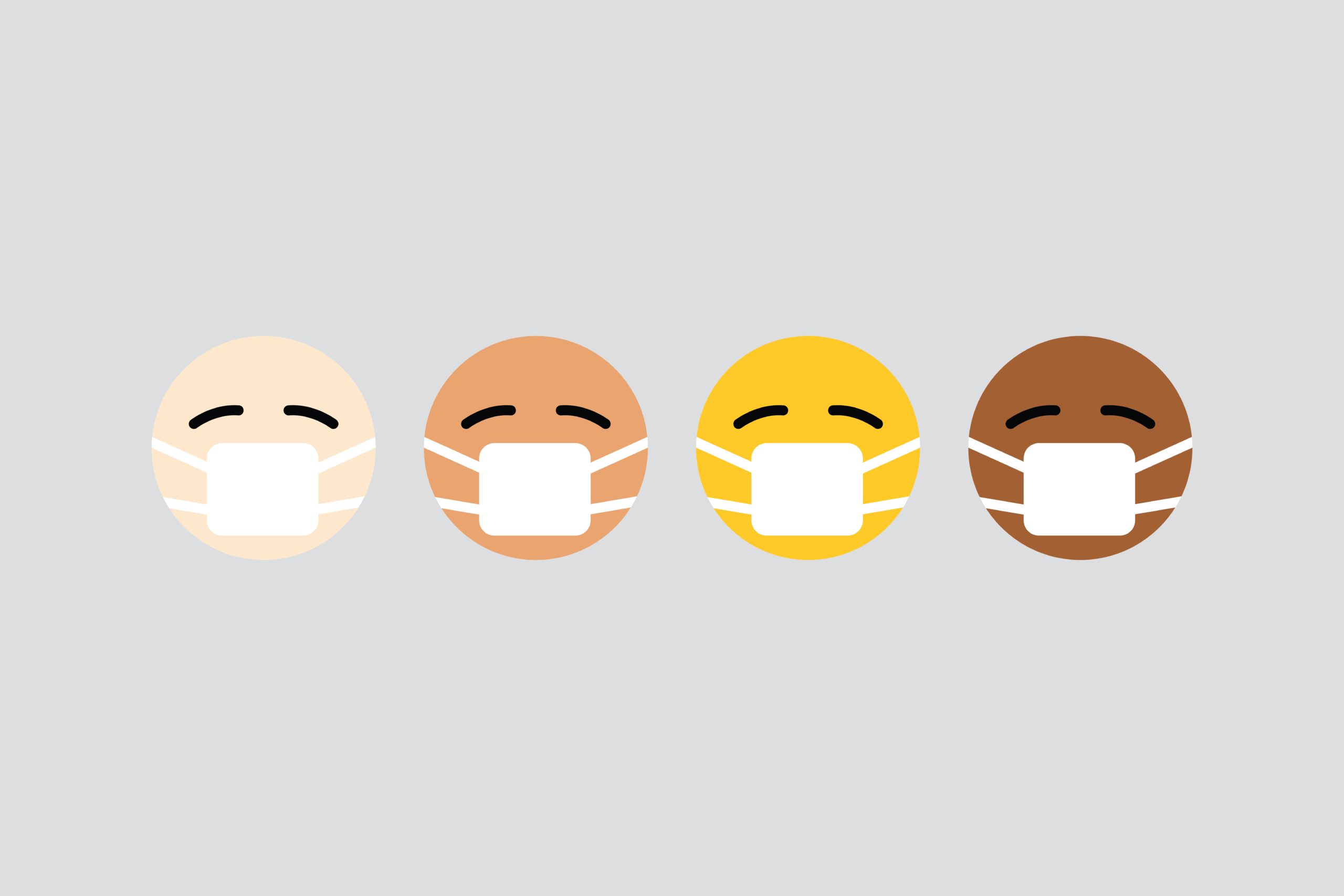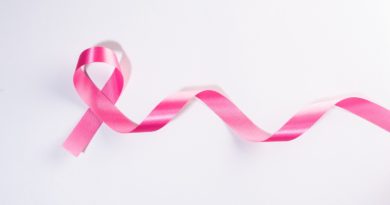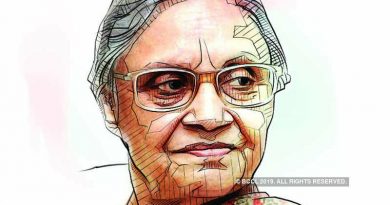LGBTQ Terms Every Person Should Know
The LGBTQ+ Community is a wide community and the term LGBTQ+ is used as an Umbrella term for most of the people who are not heterosexual. This leaves us with a lot of people who have different sexualities. They use different words to identify themselves as well as their relations. So here is a Glossary that will help you understand the LGBTQ+ community better.
LGBTQ+ and it’s basic terms
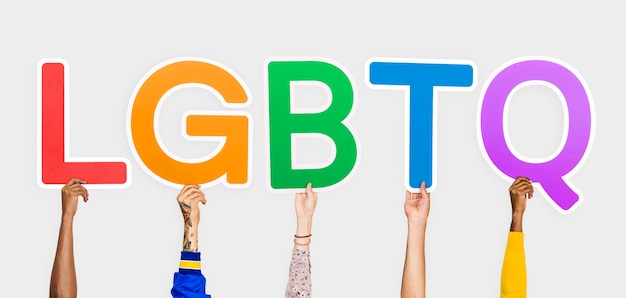
LGBTQQIA: This is an acronym that is used as an umbrella term for all sexual minorities. It stands for Lesbian, Gay, Bisexual, Transgender, Queer, Questioning, Intersex, and Ally.
Now let me describe all of these terms to you guys:
Lesbian: A woman who is emotionally, romantically, and sexually attracted to a Woman.
Gay: It is an adjective used to describe people who are attracted to people of a similar sexual orientation. For example gay men, gay women, etc. Also using the word homo to identify them is considered derogatory, so please refrain from using it as it might offend them.
Bisexual: This term is used by a person who is attracted to both men and women. Many people think that they can only use this if they had been indulged with both men and women. That is not necessary. You don’t need to have any sexual experience to associate yourself with this term too.
Transgender: This is an umbrella adjective used by people whose gender identity differs from their biologically sexual identity at the time of birth. They may identify themselves as female-to-male (FTM) or male-to-female (MTF). Transgender people may or may not decide to change their bodies either hormonally or surgically.
Queer: Typically meaning something odd or different this term should be used with caution. Queer is an umbrella term for sexual and gender minorities who are not heterosexual or are not cisgender. Traditionally, Queer has been used as a term that expressed disapproval or lack of respect towards the LGBTQ Society. But as with time, everything evolves and now some people from the LGBTQ community take pride in identifying themselves as queer. So it would be suggested to use this word only if one self identifies themselves as queer.
Terms associated with Gender

Cisgender: This word is the opposite of transgender. It refers to a person who identifies their gender with the sex they are assigned at the time of their birth. For example, a boy was assigned the sex male at the time of birth and now he identifies himself as a man.
Gender-neutral: This term is used to describe an individual who does not identify with any socially constructed gender. That is neither masculine nor feminine. Synonyms of the term are Gender-Queer or Non-binary. This term is also used for things one can use regardless of their gender like Gender-neutral bathrooms or words.
Gender Identity: As Gender is a societal construct and sex is a biological construct a person may have self-expression of their identity which may or may not correspond with their biological sex, that is called a person’s Gender Identity. It is an internal part of one’s life and may differ with their Gender Expression too.
Gender Expression: It is a way in which an individual expresses oneself in a public sphere. This is reflected in their choice of clothing, make-up or pronoun, etc. A person’s gender expression may not be related to one’s Gender Identity. For example, a person might be born as a male and identifies oneself as a man but expresses themselves as a Woman or with feminine traits.
Gender Non-Conforming: A person who is believed to have characteristics that do not match traditional or societal expectations of masculine or feminine gender norms. Thus making him Gender Non-Conforming.
Gender/Sexual Reassignment Surgery: It Refers to a surgical procedure which an individual takes to transition from one biological sex to another. This is often paired with hormone treatment and psychological assistance so that one can change their sex and accept it.
LGBTQ Slang
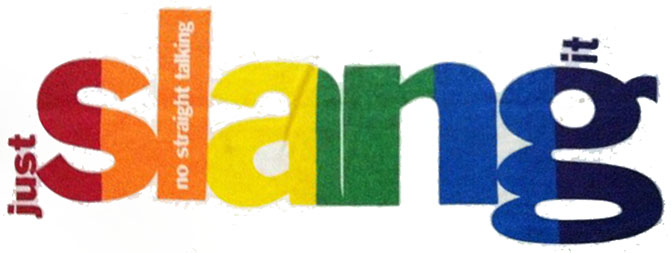
Questioning: This term is used to refer to a person who is in the process of discovering their sexuality and gender orientation.
Coming out: It refers to the process of accepting yourself be it gay, lesbian, bisexual, or transgender. As one need to accept themselves and their identity first and this process is usually tough due to society’s prejudice. Publicly identifying one’s orientation may or may not be part of coming out as it depends upon the person entirely.
Cross-dressing: This term is used when a person likes wearing clothes of other sex. Generally, people who Cross-dress are comfortable with the sex they are assigned at birth and do not wish to change it. It is not associated with sexual orientation and should not be used for someone who has made the transition to live as other sex or is planning to do so in the nearby future.
Butch and femme: These words are used by lesbians to denote themselves as Butch (masculine) and femme (feminine) based upon their trait, behaviour, style, self-perception, and so on. Also, lesbians can have a butch-butch or a femme-femme relationship too.
Closeted: This term is used to refer to a person who is not open about his/her sexual orientation.
Down Low: It is a slang that is used to denote men who are usually married or are in a relationship with a female and describe themselves as heterosexual but are engaged in a secret homosexual relationship with other men. Usually used to describe men of colour i.e. men who are black or brown.
Outing: It refers to the act of publicly declaring another person’s sexual orientation or gender identity without that person’s consent. And it is considered inappropriate by a large portion of the LGBTQ+ community.
Terms associated with sex and sexuality

Heterosexual: This term is used to describe a person whose enduring sexual and emotional attachment is to the person of the opposite sex. These people are commonly referred to as Straight.
Pansexual: A person who is attracted to a person regardless of their sex or gender.
Sexual Behavior: This refers to a person’s sexual activities or actions (what a person does sexually). Though often an individual’s sexual orientation is in line with their sexual behaviour, it is not always the case.
Sexual Minorities: This is an all-inclusive, politically oriented term referring to individuals who identify as a minority. Be that by sexual orientation, sexual identity, or gender expression/gender identity.
Sexual Preferences: This term refers to a person’s choice in regards to attraction. A person’s sexual preference can be based on gender/sex, physical appearance (height, weight, race, ethnicity), or emotional connection.
Sexual Orientation: This is the scientifically accurate term for an individual’s enduring physical, romantic and/or emotional attraction to another person. Thus including lesbian, gay, bisexual and heterosexual (straight) orientations.
Intersex: This term is used to refer to those people that are naturally born with primary or secondary sexual characteristics and do not fit into the typically fit into the definition of male or female. Many of them have surgical surgeries to fit into society’s binary norm definitions. Also, you would be surprised to know that there are at least 16 different ways to be intersex.
Asexuality: It is a sexual orientation in which a person does not have the desire to be sexually active, they do not feel the urge or desire to have sex with anyone. Although as Sexual Orientation is believed to be enduring, asexual people might have sex for reasons such as for their partner’s pleasure or having a child.
Other Important LGBTQ Terms
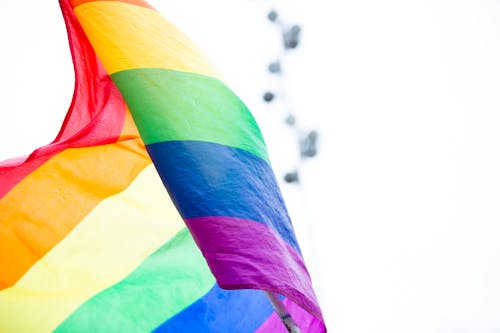
Hijras: The Hijras are a community of transgender, eunuchs, and intersex people in India. They include biologically males who reject their “masculine identity” and identify themselves as Women, or as neither men nor women. Hijras are now officially recognized as the third gender in India.
Homophobia: Fear or hatred towards lesbians or gay. Many social scientists consider it a societal prejudice rather than an actual phobia.
Androgynous: This term is used to denote people whose appearance may seem like a mixture of masculine and feminine traits. Also, their gender identity distinctively may neither be male nor female.
Eunuchs: A term used for people who are born male but get castrated. (Castration is a process of removing testicles of a man).
Ally: A term used to denote a person who is not part of LGBTQ+ community but is a supporter and advocate of LGBTQ rights and equality.
Heterosexism: A system of oppression that considers heterosexuality the norm and discriminates against people who display non-heterosexual behaviours and identities.
Transvestite: It is an umbrella term used to refer people who like to dress as the opposite gender. They can be transgender, cross-dressers, drag performers, or people who want to express their gender using clothing. Although this term is outdated and was generally considered pejorative, so it should be used with caution.
I hope you learned a lot of new information regarding the LGBTQ+ community, if you want to discuss this information and know ore about LGBTQ+ community you can check out this reddit forum. It might also interest you Why is June celebrated as Pride month? Please share it with your friends so they can also know more about the LGBTQ community.

